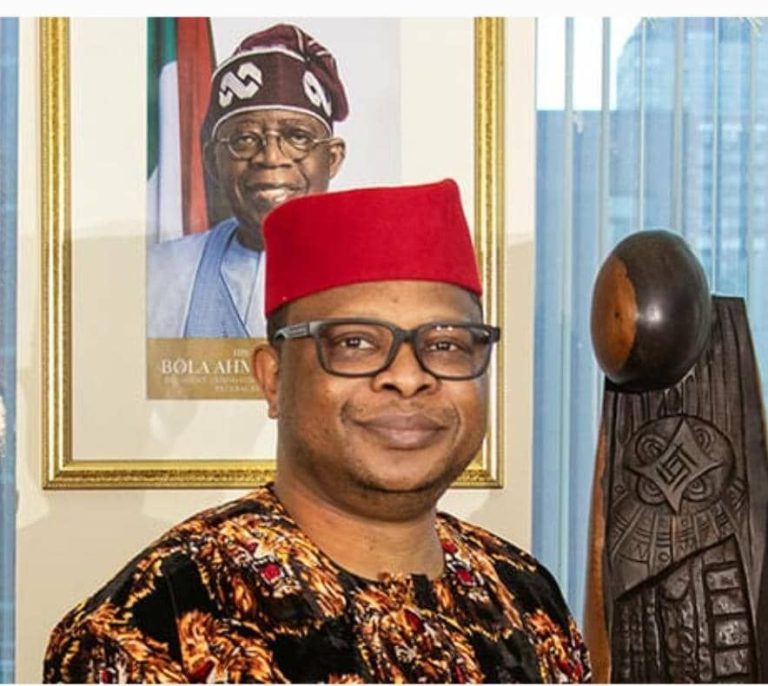Nigeria has come a long way since 1999 – H. E Ambassador Abubakar Jidda, Nigeria’s NY Consul General
H. E. Ambassador Abubakar Jidda is the Consul General of the Consulate General of Nigeria, New York, USA.
During the 80th Session of the United Nations General Assembly (UNGA80) in New York, and amid the flurry of diplomatic side events, Lydia Eke visited the Nigerian House. She had an exclusive interview with the Ambassador in his office at the iconic Second Avenue building.
The interview appointment facilitated by Mr Blackson Olaseni Bayewumi, the Country Director of The Royal Commonwealth Society Nigeria, revealed a passionate diplomat determined to restore the institution’s dignity and functionality.
The Ambassador, with over two decades of experience as a diplomat, was appointed in April 2024 to oversee the consular activities across over 20 U.S. states. He has set out to transform the Consulate into a centre of excellence for service delivery, culture, and diaspora engagement.
Under his watch, the Consulate has rolled out various initiatives, and he believes Nigeria’s image abroad must reflect its strength, diversity, and ambition.
In this exclusive interview with Lydia Eke at his Manhattan office, the Consul-General stressed the importance of Nigeria’s image abroad, aligning his mission with the Federal Government’s diaspora-driven foreign policy and economic reforms.
He spoke about the challenges he met when he assumed duty in April 2024 and his vision to make the Nigerian House a hub of diplomacy, culture, and economic partnership. Enjoy the excerpt;…
Briefly introduce yourself and your role as Nigeria’s representative here in New York.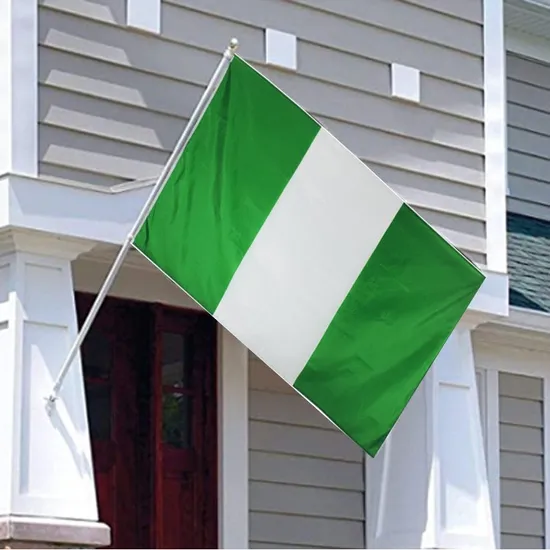
My name is Ambassador Abubakar Jidda. I am the Consulate-General of Nigeria in New York.
Here, we cover 20 states. As you know, Nigeria has three missions in the United States: one in Washington, which is the capital and political seat, and also hosts the Embassy of Nigeria to the USA; and another in Atlanta, where my colleague, the Consul General, covers over 17 states.
Since May last year, when you assumed office, what were the challenges, and how has the journey been?
It has been a roller coaster. When I arrived here, Nigerians were facing serious challenges with consular services. The services were inadequate, and the outreach was not sufficient. For instance, we had no passport printing machines here. Nigerians often waited as long as 3 to 5 months to get their passports. Both New York and Atlanta had to queue in Washington, where only two machines served the entire United States. Naturally, this caused delays and frustration because people needed passports to regularise their stay, travel home for Christmas, or attend urgent meetings in Nigeria.
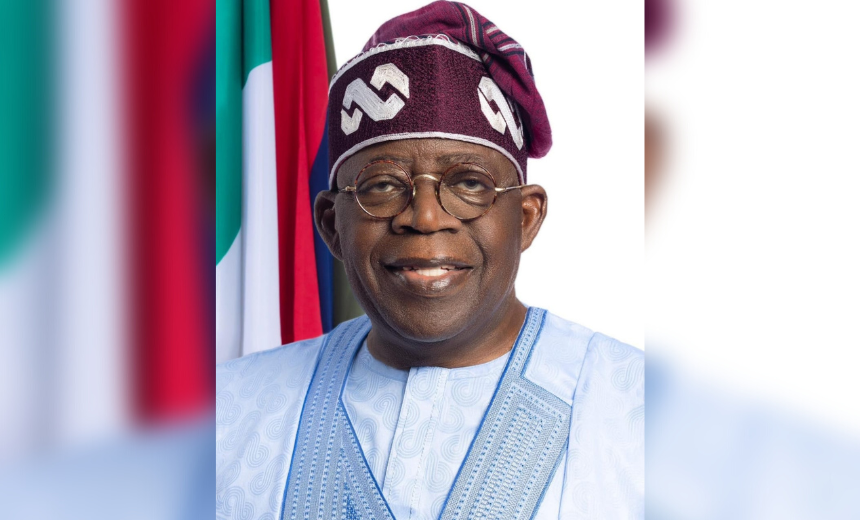
President, and Commander -in-Chief of the Armed Forces of the Federal Republic of Nigeria
Passport processing has been a concern for Nigerians in the diaspora. How did you resolve the situation on your arrival?
The situation improved in January when we received our own passport printing machine here in New York, and that changed the situation.
How soon do Nigerians access passport services at your mission now?
As we speak, we can now deliver passports in a day. That is a huge leap in terms of service delivery to our nationals.
What makes the New York Consulate different from the main Embassy in Washington?
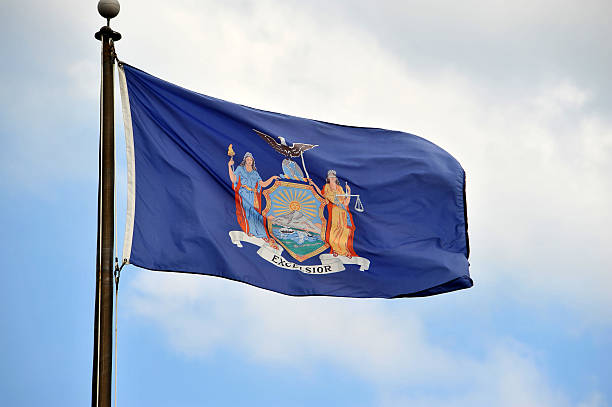
Our mandate is clear. While we handle consular services, our activities are different from those of the embassy. We are uniquely focused on promoting trade and investment between Nigeria and the United States. We also promote Nigerian culture, arts, and entertainment.
What other roles does your office play in promoting Nigeria in the United States?
We actively engage investors within both the Nigerian community and the wider American society to attract investment into Nigeria. We also showcase our culture. For example, after our Independence Day celebrations, we will host the largest Nigerian Independence Day Parade outside of Nigeria, right here in New York. Events like this allow people to see our culture and recognise that Nigerians are peace-loving people. At the same time, they create platforms to promote investment opportunities back home.
Under the current administration’s foreign policy, how is your office working to change the narrative about the Nigerian diaspora?
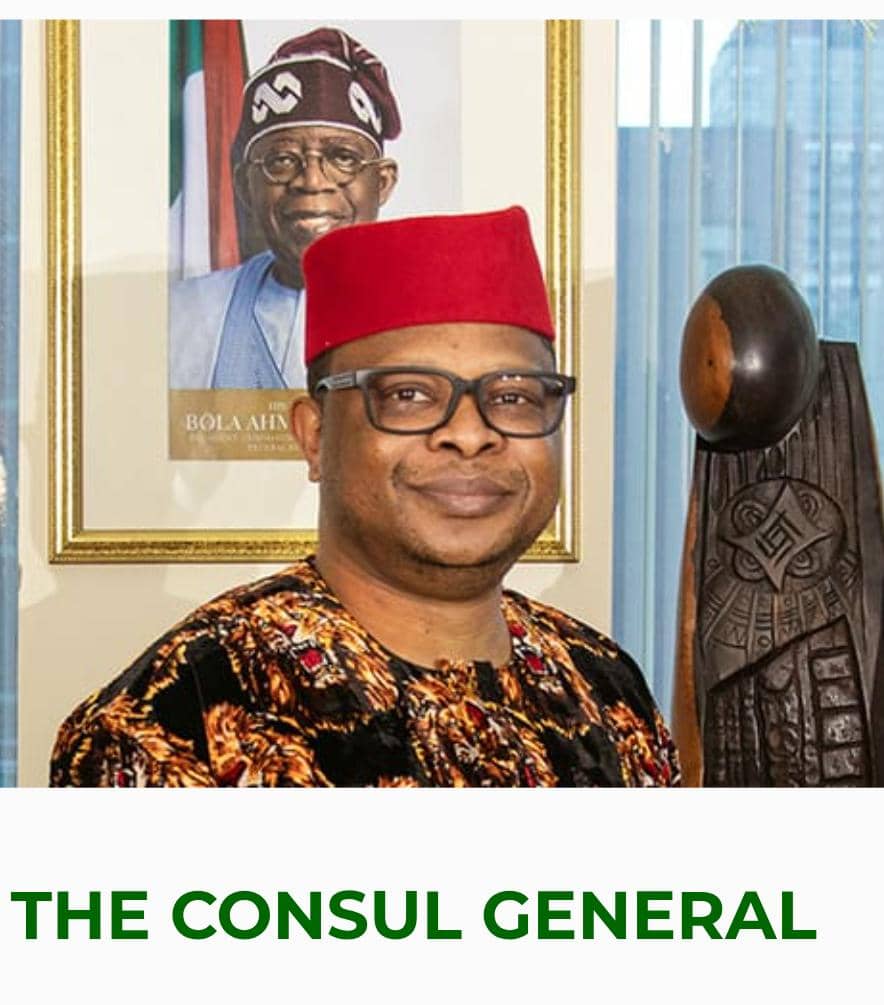
The government under President Bola Ahmed Tinubu has introduced four pillars of foreign policy: democracy, development, demography, and diaspora. These guide our engagement abroad.
How would you describe Nigeria’s democratic journey so far?
Nigeria has gone far since 1999 without interruptions to Nigeria’s democratic process. We have recorded peaceful transitions of power, including shifts from ruling parties to opposition parties. Even in cases where a sitting president died in office, the vice president smoothly took over. This democratic stability is what we want to entrench in the West African region and across the continent. That is why Nigeria insists, through ECOWAS and other organisations, that unconstitutional changes in government must be reversed and democracy restored.
What efforts has the government made to attract investment into Nigeria?
Since taking office, President Tinubu has been intentional about bringing investment into Nigeria. Recently, he returned from Brazil, where Nigeria signed several agreements, including with subnational states. The government, alongside ministries and agencies, is determined to leave no stone unturned in pursuing this development agenda.
How is the government preparing to turn Nigeria’s population growth into an opportunity?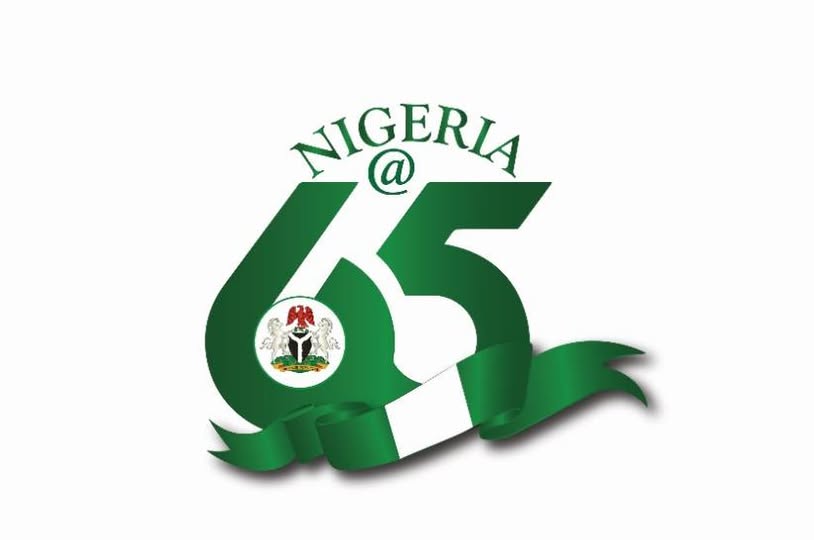
According to a UN report, Nigeria’s population may reach 400 million by 2050, with nearly 70% under the age of 30. That is both a challenge and an opportunity. We cannot expect everyone to go through the university system, so we are strengthening skills acquisition programs, training young Nigerians in trades such as plumbing, carpentry, and ICT. In countries like Germany, skilled workers are highly valued, and India has taken over the global demand for ICT expertise. Nigeria must do the same, empowering youths to become employable locally and globally.
How important are Nigerians in diaspora to the country’s growth, and how is the government engaging them?
The diaspora is critical. Within their community are the expertise, experience, and funding that Nigeria needs. The President, in his wisdom, has prioritised engaging them. The Nigeria Diaspora Commission, working with missions abroad, is harnessing their skills and encouraging them to invest back home. Recently, many diaspora Nigerians met with the Vice President and shared success stories. They are willing to go back, provided there is an enabling environment and proper incentives.
How do you ensure closer engagement with Nigerians in your jurisdiction?
We created town hall platforms where Nigerians can voice their challenges, and we can respond directly. For example, last year, we were in Chicago and we attended to about 500 Nigerians, delivering their passports within three months, something that was not possible in the past. This type of engagement builds confidence.
How are you addressing some Nigerians who complain about poor service and unfriendly attitudes at consulates?
Nigerians abroad need to be listened to because this is their home, and they deserve respect. If a service cannot be provided immediately, it is better to communicate openly rather than being ignored. Lack of response in the past made people feel abandoned. Now, through platforms like town halls and direct outreach, we are changing that narrative and making Nigerians regain confidence in their missions.
What steps are you taking to rebuild trust and confidence between Nigerians abroad and their missions?
We actively invite community leaders to our programs, such as flag-raising ceremonies, and give them opportunities to speak. This engagement creates a sense of belonging and builds a strong trust between the community and the mission.
Finally, what plans do you have to improve communication, solve challenges, and make Nigerians more comfortable with their missions abroad?
Communication is everything. Just like in marriage, where two people from different backgrounds must learn to understand each other, so must we with Nigerians abroad. When I first arrived, there was no passport machine. I personally pushed for months in Abuja until we got one. That persistence solved a big problem. Going forward, we want to build on such success stories, turn challenges into opportunities, and ensure that Nigerians are comfortable and proud of their missions abroad.


